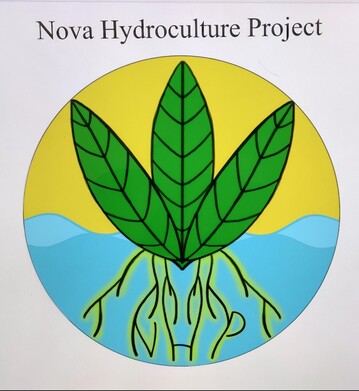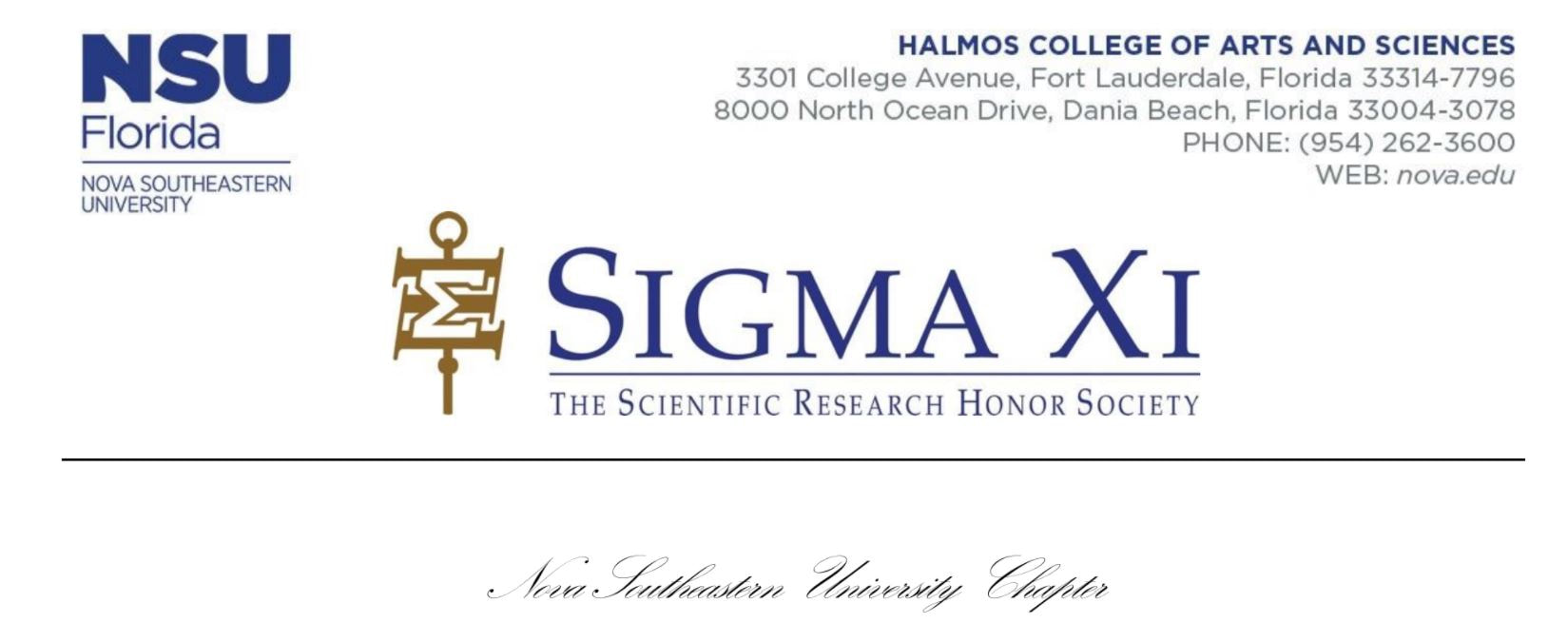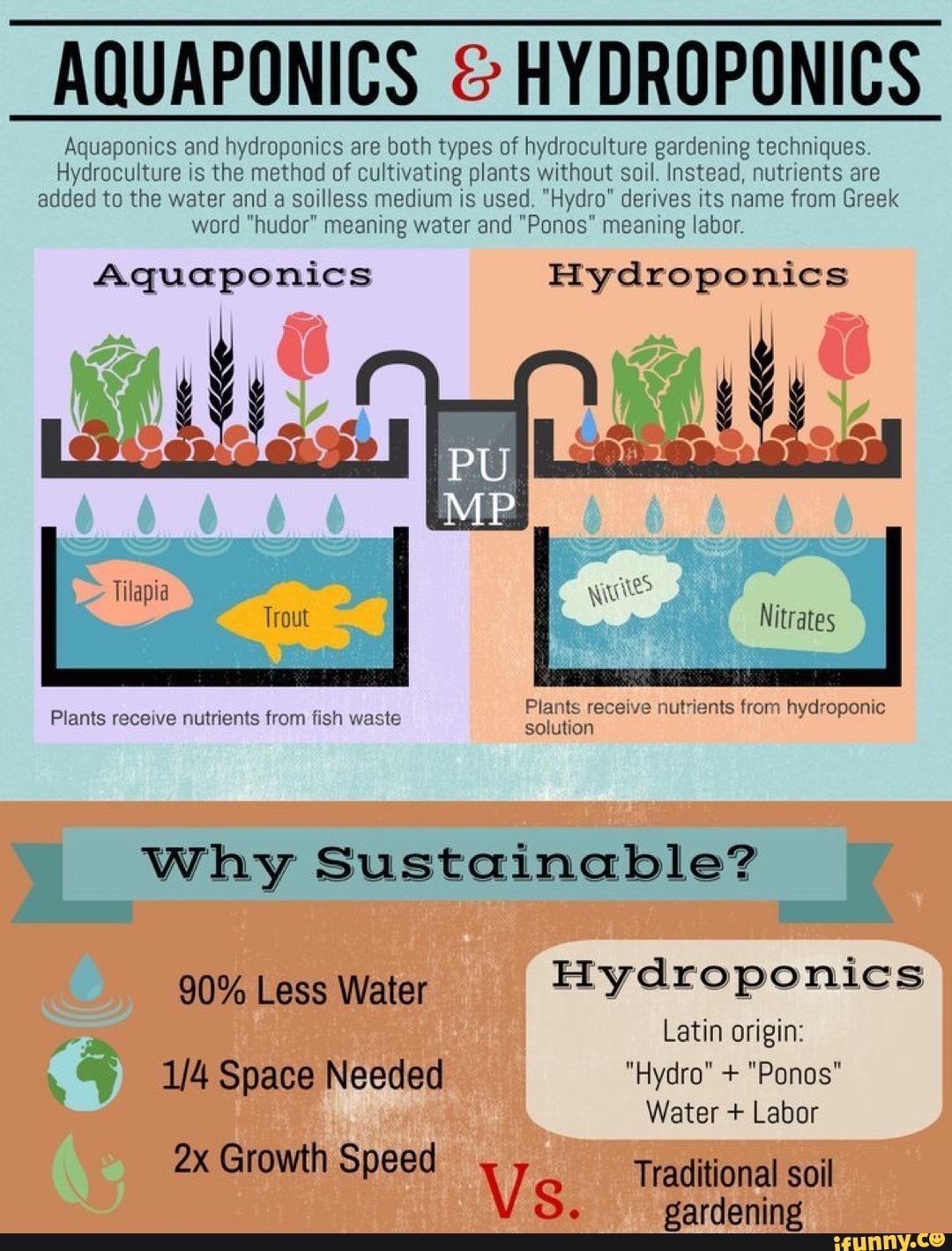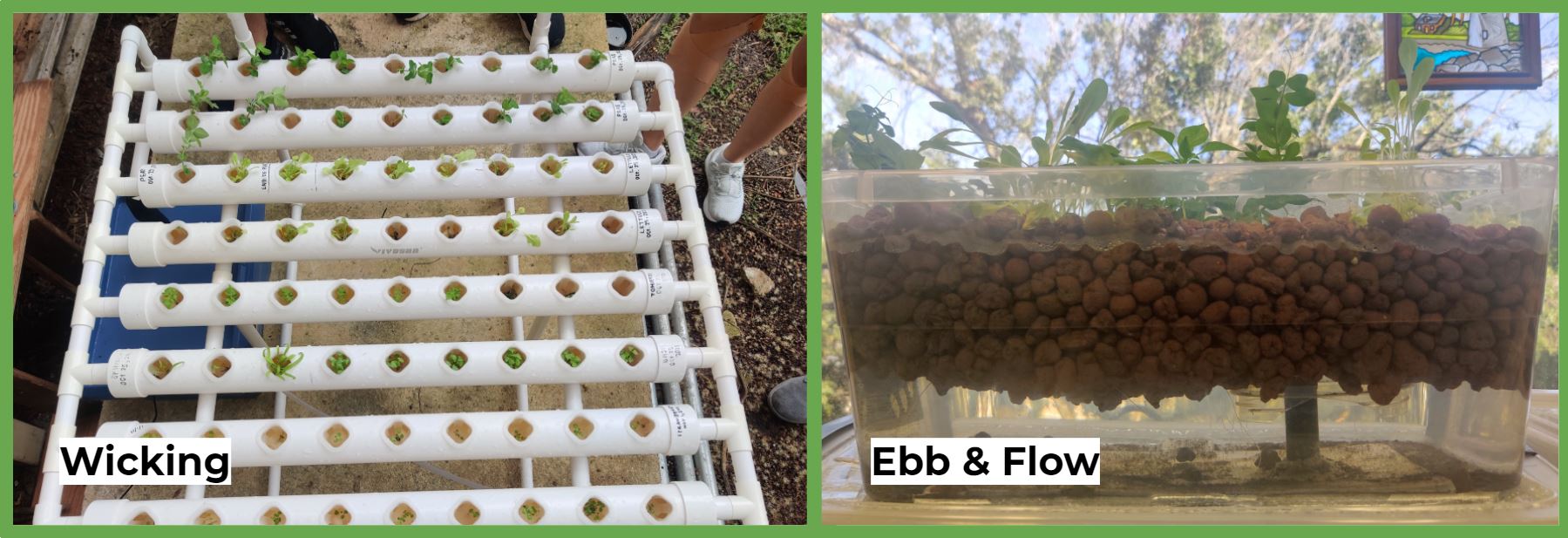Nova Hydroculture Book:
Our Mission.
The Nova Hydroculture Project is a community collaboration between educators and students which seeks to facilitate STEAM learning, volunteerism, and mentorship through the building and care of hydroculture gardens. We hope to create an environment in which curiosity is nurtured, hands-on skills are emphasized, and social skills are developed through collaboration and friendship with everyone involved. In addition to increasing awareness about sustainability and helping students learn about agriculture, we hope to encourage the consumption of nutritious fruits and vegetables among students and educators alike. The ongoing care of these gardens will provide a unique learning and growth opportunity for all participants which we hope will serve them well in their future endeavors.
How did this project originate?
For several years now, Science Alive has partnered with Nova Blanche Elementary School to bring exciting STEAM education to young learners. Ms. Parsons, who has been an avid supporter of our cause, brought the idea of building hydroponic gardens to Dr. Schmitt, who manages the Science Alive team. Dr. Schmitt brought the idea back to her Science Alive interns, and they put together a grant proposal to submit to the Sigma Xi Research Honors Society. Fortunately, we were awarded the grant, and the Nova Hydroculture Project was born!
An Overview on Hydroculture
"Hydroculture" is an umbrella term used to encompass two distinct methods of agriculture: hydroponics and aquaponics. Broadly, any system of growing plants which does not utilize soil is considered "hydroculture", but the key difference between hydroponics and aquaponics is where the plants obtain their nutrients. In hydroponics, nutrients are fed to the plants via an enriched solution while in aquaponics, fish waste provides what the plants need in order to grow. Below is a helpful graphic Ms. Parsons found which carefully breaks down the differences and lists the great benefits hydroculture has over traditional agriculture which uses soil.
Different Hydroponic Systems
The NHP (Nova Hydroculture Project) has begun with only hydroponics, although we may be expanding into aquaponic systems in the future. Currently, we have two kinds of hydroponic systems set up: an ebb and flow system and wicking system. There are about 7 different kinds of hydroponic systems in total, and these two are some of the easiest to set up and maintain, so we have decided to begin our project with them.
We currently have two wicking systems set up - one at Nova Blanch Elementary School and one at the Parker Building on NSU's main campus. We also have one ebb and flow system up and running in Dr. Schmitt's office. Please click on the drop downs under "Nova Hydroculture Project" to learn more about these systems and the journey we have been on with them.




